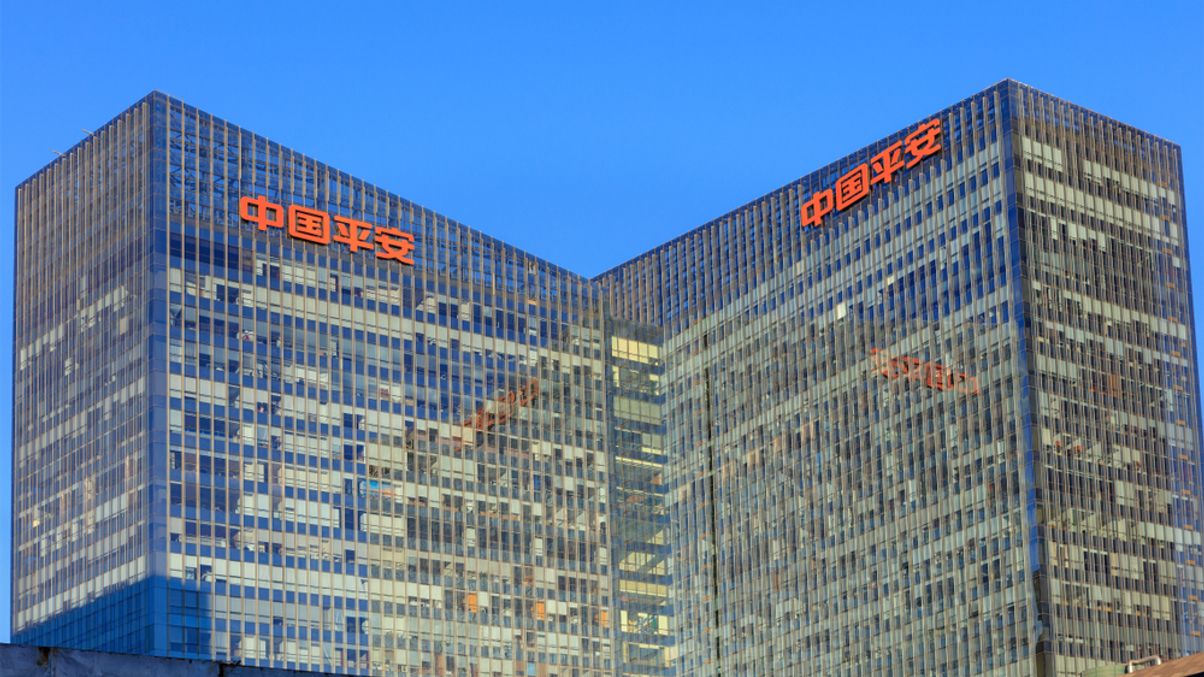Ping An CIO: The worst is over for China real estate
After a challenging 2022, chief investment officer of one of China's largest life insurers says opportunities have returned to China's real estate and stock markets in 2023.

Ping An Insurance’s chief investment officer Benjamin Deng remains optimistic about real estate investment in China in 2023, adding that the most difficult time for the industry has passed from a macro perspective.
Sign in to read on!
Registered users get 2 free articles in 30 days.
Subscribers have full unlimited access to AsianInvestor
Not signed up? New users get 2 free articles per month, plus a 7-day unlimited free trial.
¬ Haymarket Media Limited. All rights reserved.


